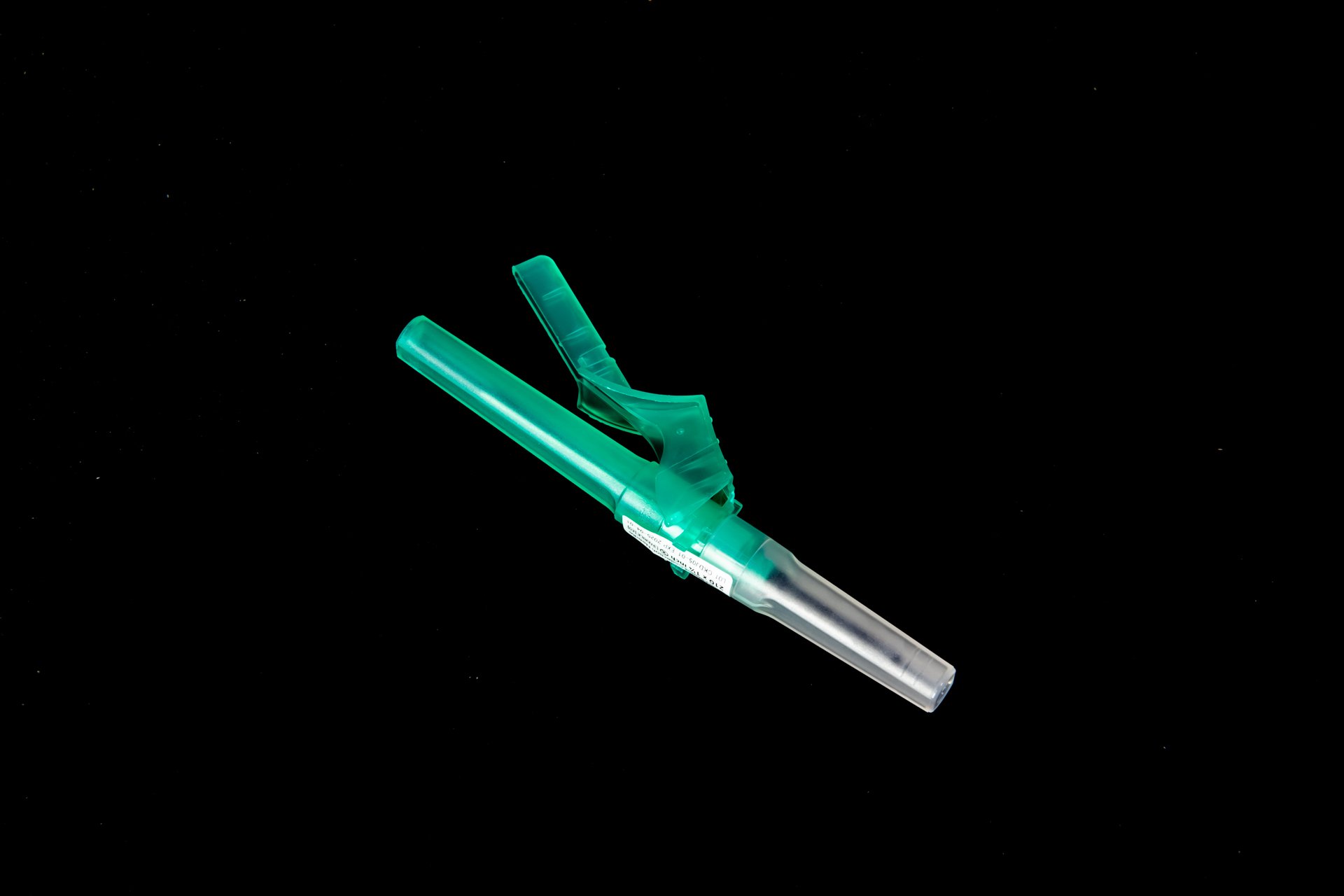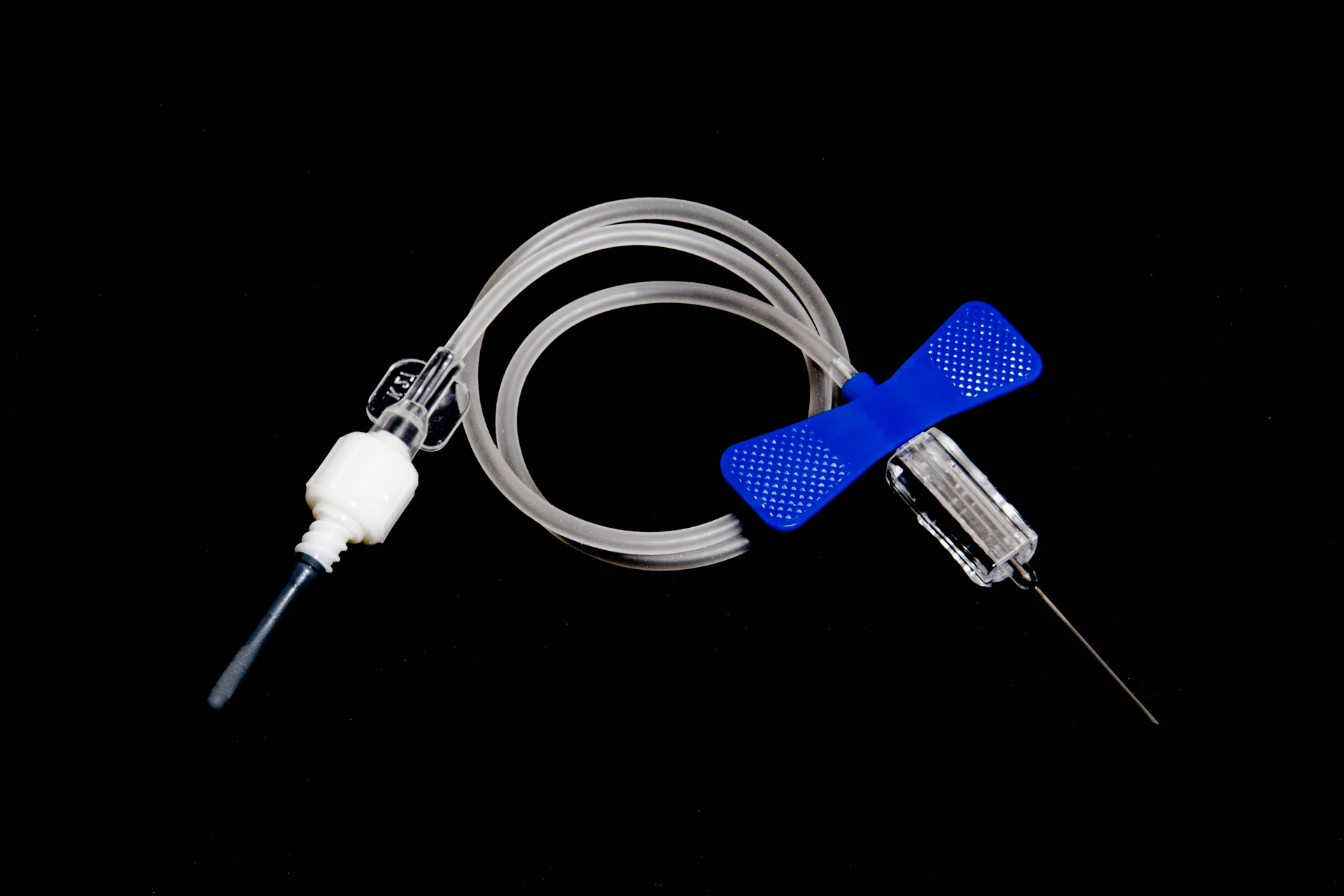Impact Of Needle Recalls On Patients
Needles are a crucial medical tool used in a variety of procedures, from vaccinations to blood draws. They are designed to be sterile and safe for patient use, but unfortunately, mistakes happen. Needle recalls are not uncommon in the medical industry, and when they occur, they can have a significant impact on patients. In this article, we will explore the implications of needle recalls on patients and what steps can be taken to minimize the risks involved.
What are Needle Recalls?
Needle recalls happen when a manufacturer discovers a defect in their product that could potentially harm patients. This defect could be anything from a faulty needle tip to contamination during the manufacturing process. When a recall is issued, all affected products are pulled from the market to prevent any further harm to patients.
Causes of Needle Recalls
There are several potential causes of needle recalls, including:
Faulty manufacturing processes
Contamination issues
Design flaws
Any of these issues can lead to a needle being recalled, putting patients at risk of injury or infection.
Impact on Patients
Needle recalls can have a significant impact on patients, both physically and emotionally. Some of the potential effects include:
Physical Harm
One of the most immediate concerns with a needle recall is the potential for physical harm to patients. If a needle is defective or contaminated, it could cause injury or infection when used. This can lead to serious health complications and may require additional medical treatment.
Emotional Distress
In addition to physical harm, needle recalls can also cause emotional distress for patients. The thought of being exposed to a contaminated needle or being injured during a medical procedure can be extremely upsetting. Patients may experience anxiety, fear, or mistrust of the medical industry as a result of a needle recall.
Minimizing Risks
While needle recalls are an unfortunate reality in the medical industry, there are steps that can be taken to minimize the risks to patients. Some strategies include:
Improved Quality Control
Manufacturers should have strict quality control measures in place to ensure that needles are produced to the highest standards. Regular testing and inspections can help catch potential issues before they lead to a recall.
Education and Training
Healthcare providers should receive proper education and training on how to properly use and dispose of needles. By following best practices, the risk of injury or infection can be reduced.
Transparent Communication
When a needle recall does occur, it is important for manufacturers and healthcare providers to communicate openly and honestly with patients. Providing clear information about the recall and any potential risks can help alleviate concerns and build trust.
Conclusion
Needle recalls can have a significant impact on patients, both physically and emotionally. By understanding the causes of recalls and taking steps to minimize risks, the medical industry can help protect patients from harm. Improved quality control, education and training for healthcare providers, and transparent communication are all key factors in reducing the risks associated with needle recalls. Together, we can work towards a safer and more secure healthcare environment for all patients.
References:
Disclaimer: The content provided on this blog is for informational purposes only, reflecting the personal opinions and insights of the author(s) on phlebotomy practices and healthcare. The information provided should not be used for diagnosing or treating a health problem or disease, and those seeking personal medical advice should consult with a licensed physician. Always seek the advice of your doctor or other qualified health provider regarding a medical condition. Never disregard professional medical advice or delay in seeking it because of something you have read on this website. If you think you may have a medical emergency, call 911 or go to the nearest emergency room immediately. No physician-patient relationship is created by this web site or its use. No contributors to this web site make any representations, express or implied, with respect to the information provided herein or to its use. While we strive to share accurate and up-to-date information, we cannot guarantee the completeness, reliability, or accuracy of the content. The blog may also include links to external websites and resources for the convenience of our readers. Please note that linking to other sites does not imply endorsement of their content, practices, or services by us. Readers should use their discretion and judgment while exploring any external links and resources mentioned on this blog.



